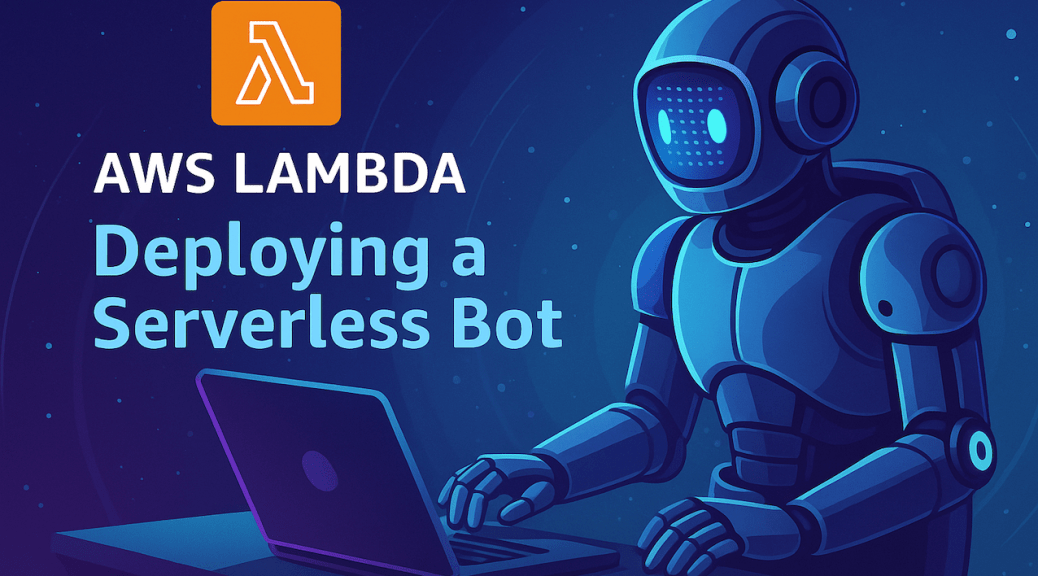Tricks using Cloud #3: Deploying a Serverless Telegram Bot with AWS
In this episode, we’ll learn how I combined AWS services to build a lightweight monitoring service that interacts directly with a Telegram bot without deploying any server o container. When people first hear about serverless computing, they often imagine something abstract or overly complex. In reality, services like AWS Lambda and API Gateway make it possible to build real-world, production-ready applications without provisioning or maintaining any servers. Why Serverless? Serverless is not about “no servers.” It’s about abstracting infrastructure management….







